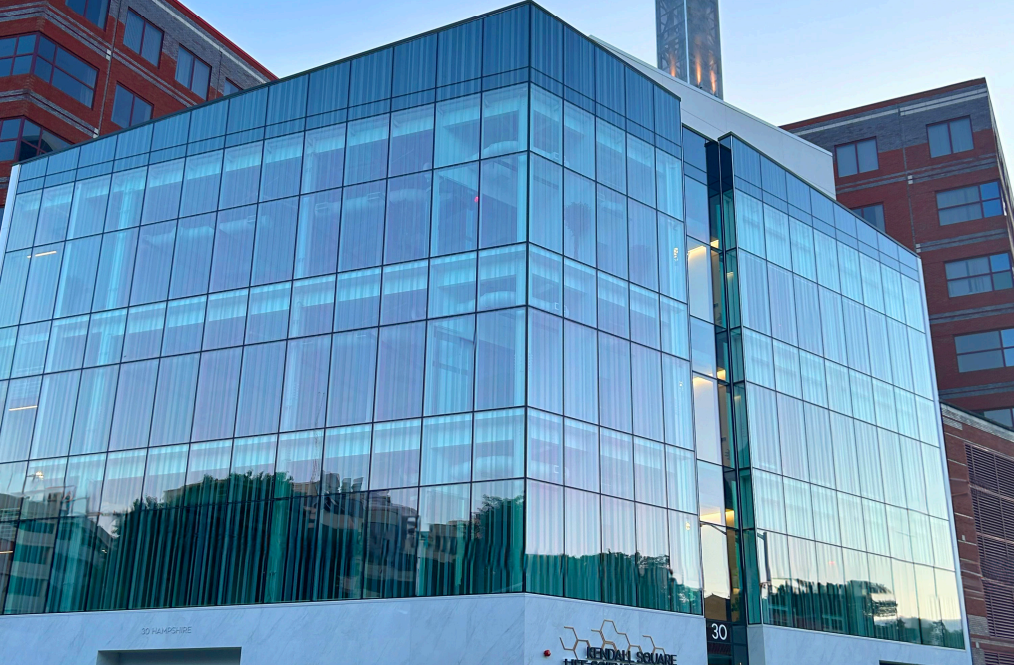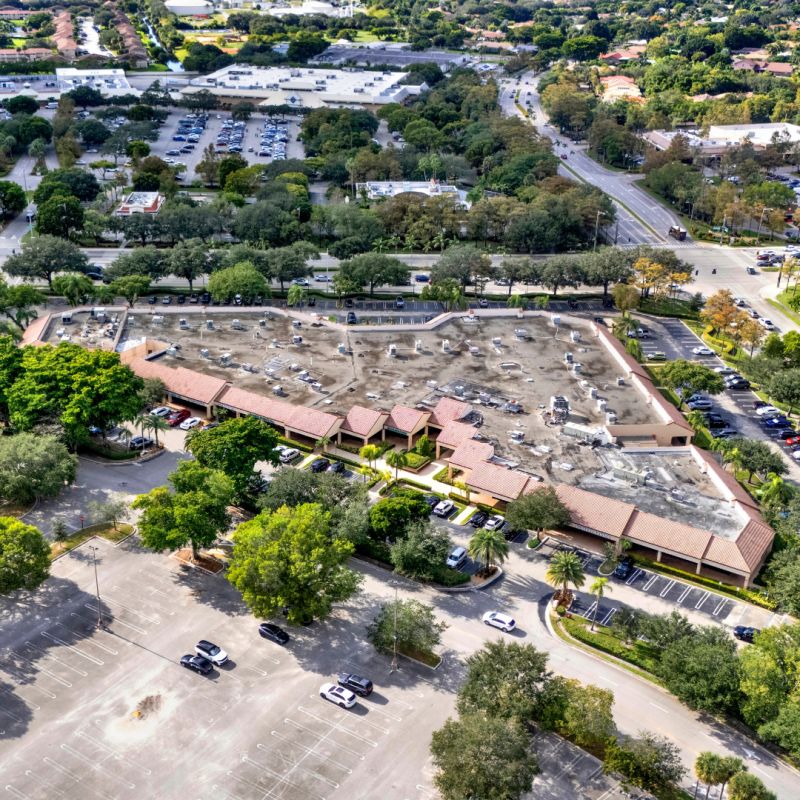P
hase 3 Real Estate Partners expands its Boston‑area holdings by acquiring a newly constructed life‑sciences building at 30 Hampshire St. in Cambridge’s Kendall Square. The San Diego‑based developer paid $25 million for the vacant 30,000‑square‑foot space, closing the deal on October 31. The purchase reinforces Phase 3’s presence in the nation’s leading biotech hub, even as much of the region’s lab inventory remains unoccupied.
The property sits on a highly sought‑after parcel just a few steps from Draper Labs, the Broad Institute, and Moderna’s headquarters. Despite its prime location, the building has yet to attract tenants. Phase 3 did not comment on the transaction.
Phase 3 already owns ten other laboratory facilities in the Boston market, including a 254,000‑square‑foot site at 250 Arsenal St. in Watertown that opened last year. Its portfolio also features a conversion of 55 Summer St. in the Financial District into labs, as well as assets in Fort Point, Waltham, and 640 Memorial Drive in Cambridge.
The seller, Last2 Development of Charlestown, originally purchased the 30 Hampshire St. site for $400,000 in 2014. At that time the one‑tenth‑acre parcel housed a modest real‑estate office and restaurant—typical low‑rise uses that are now rare in the rapidly developing Kendall Square area.
While the sale highlights ongoing investment interest in Cambridge’s life‑sciences sector, the broader market remains uneven. According to data from Hunneman, the Greater Boston lab market now has a 26.7% vacancy rate, a sharp contrast to the pandemic‑era boom when developers rushed to build new space without secured tenants. Even East Cambridge, usually one of the tightest submarkets, reports a 19.7% vacancy rate—still high by local standards.
Despite the surplus of space, major biotech firms such as Biogen and Takeda continue to invest in Kendall Square, with new buildings under construction for both companies. Phase 3’s acquisition of 30 Hampshire St. signals long‑term confidence in Cambridge’s status as the country’s life‑sciences epicenter, a view that developers and investors maintain even as the market cools.














